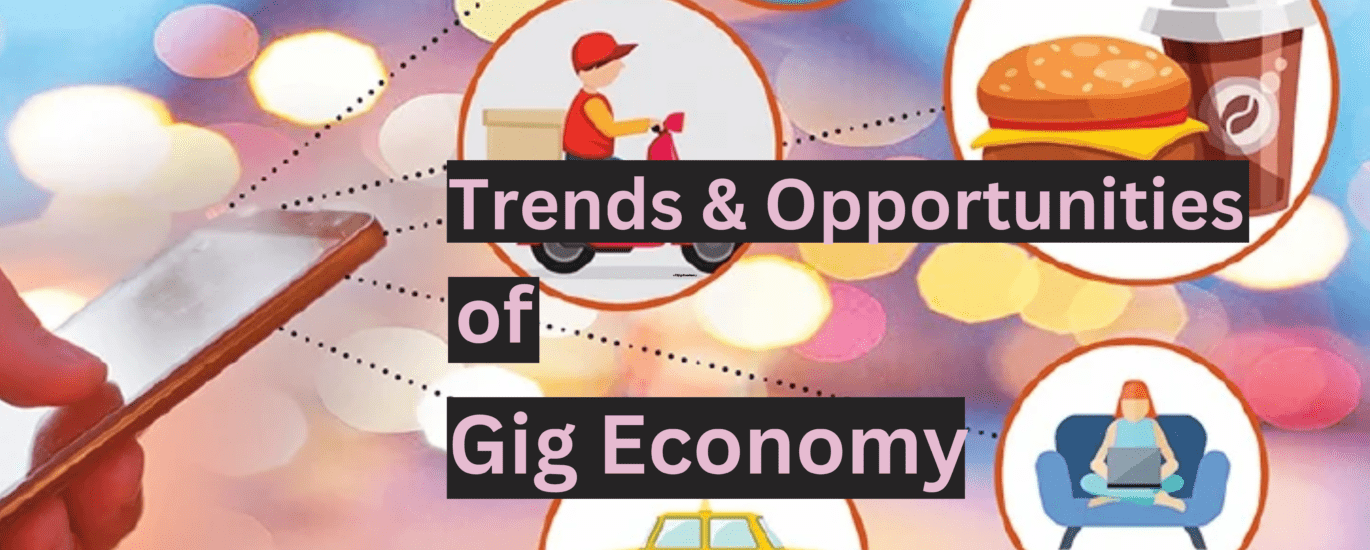


The gig economy is a term that describes the growing trend of people working as independent contractors, freelancers, or on-demand workers. The gig economy offers flexibility, autonomy, and variety for workers, as well as cost savings, scalability, and access to talent for businesses.
According to a report by Deloitte, the gig economy in Australia is estimated to be worth $15.5 billion and employ 1.5 million workers in 2020.
But what are the future trends and opportunities of the gig economy for businesses in Australia? How can they leverage the benefits of this new way of working and overcome the challenges?
At Webmob, we are passionate about helping our small and medium business partners grow and thrive in the digital age. That’s why we decided to cover this topic in our latest blog post. We believe that the gig economy is a powerful force that can transform the way businesses operate, innovate and compete in the global market.
Let’s explore some of the key aspects of the gig economy and how businesses can adapt and thrive in it.
The gig economy is not a new phenomenon, but it has been accelerated by the COVID-19 pandemic, which disrupted the traditional ways of working and created new demands and opportunities for both workers and businesses. Some of the trends that are shaping the gig economy in Australia are:
The gig economy offers many opportunities for businesses in Australia to grow, innovate, and compete in the global market. Some of the benefits that businesses can gain from the gig economy are:
The gig economy also poses some challenges for businesses in Australia that need to be addressed and managed carefully. Some of the issues that businesses may face in the gig economy are:
The gig economy is a reality that is here to stay and grow in Australia. It offers many opportunities and benefits for businesses that can adapt and leverage it effectively, as well as some challenges and risks that need to be mitigated and managed carefully. Businesses that embrace the gig economy can gain a competitive edge in the global market by accessing a diverse, skilled, and flexible workforce that can help them achieve their goals and objectives. The gig economy is not a threat, but an opportunity for businesses in Australia.